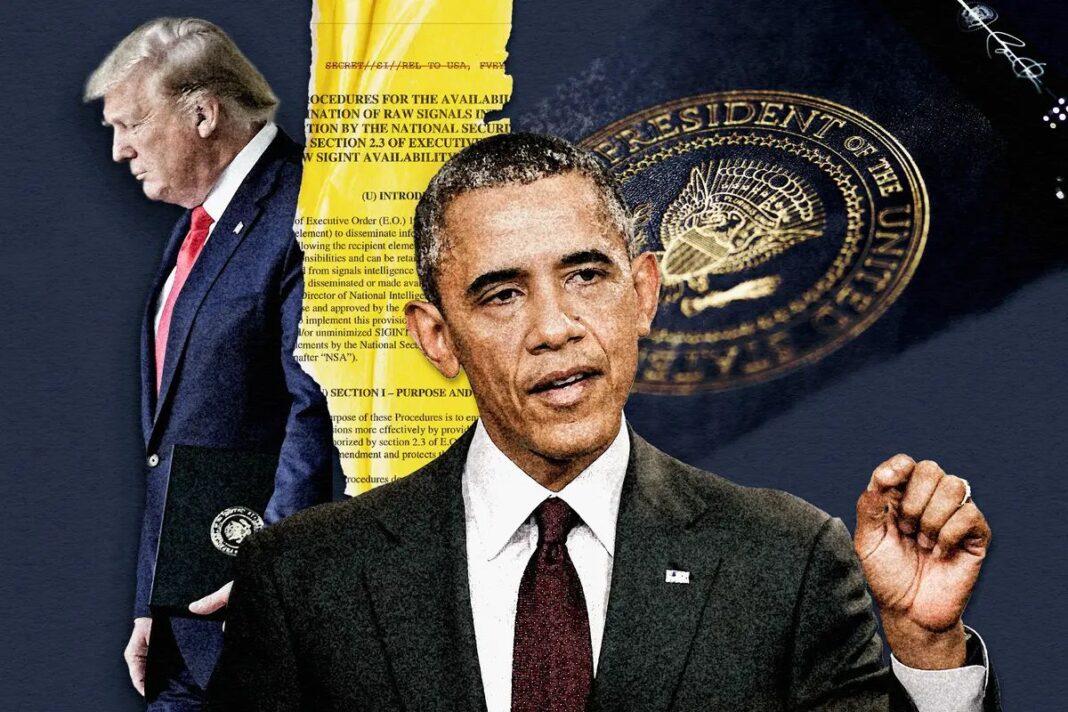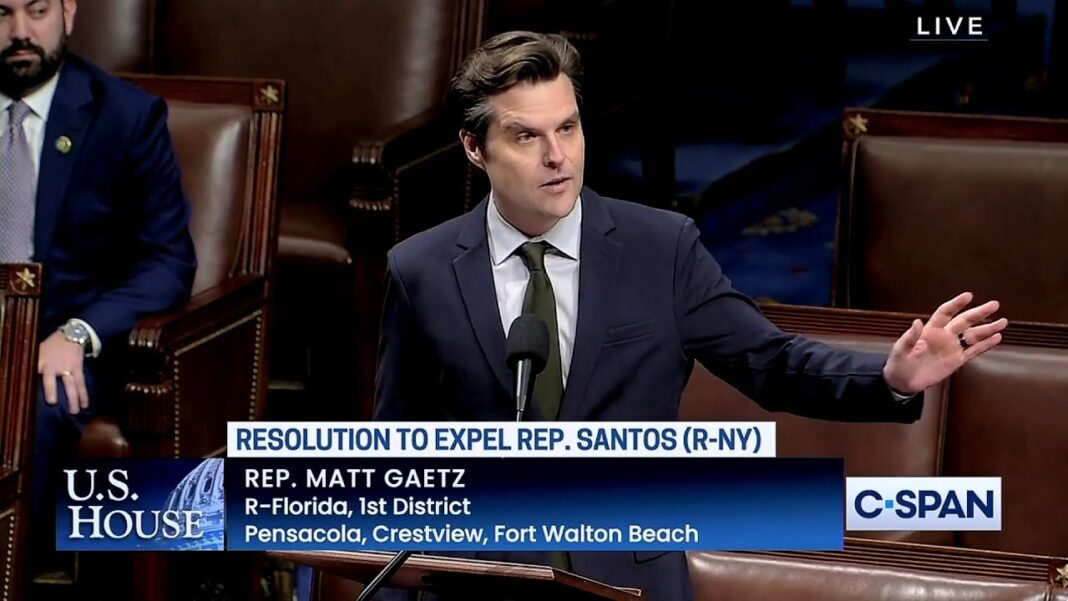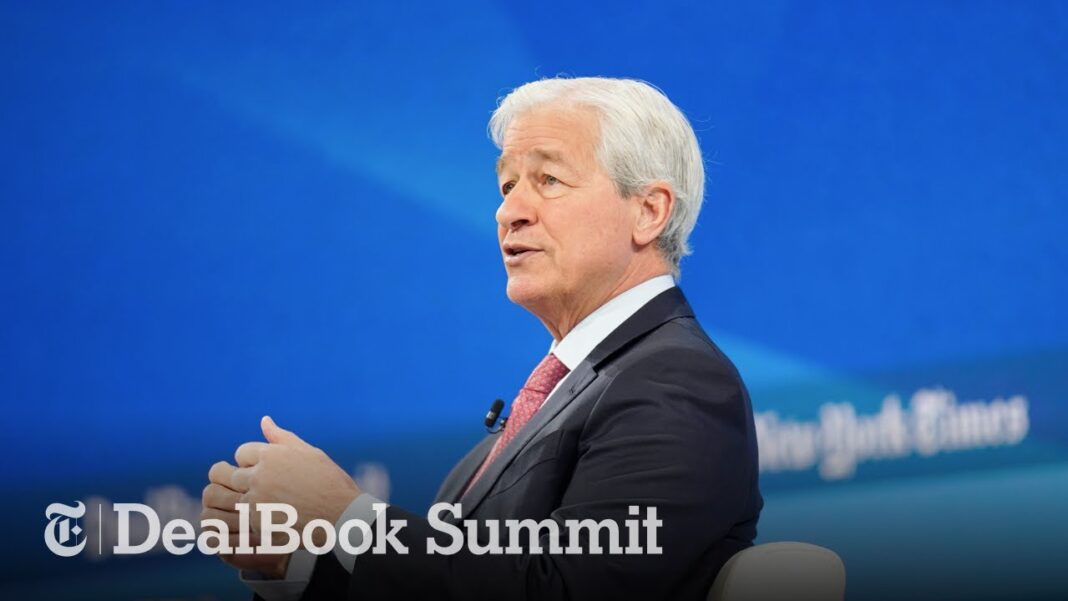A last-minute revision to the intelligence community’s rules on information allowed for wider sharing of raw intelligence on U.S. citizens.
The Obama administration, just 17 days before the inauguration of President Donald Trump, revised the guidelines of Section 2.3 of Executive Order 12333, “Procedures for the Availability or Dissemination of Raw Signals Intelligence Information by the National Security Agency.”
Although widely overlooked, the implications were broad and far-reaching.
Under the new procedure, agencies and individuals could request the National Security Agency (NSA) for access to specific surveillance simply by claiming the intercepts contain relevant information that’s useful to a particular mission.
No privacy protection of the raw data was undertaken. Under the new rules, sharing of information was significantly easier–and the information being shared was raw and unfiltered.
At the time I wondered about the timing of the order. But what I found particularly curious was that it was enacted so late. Allow me to explain.
On Dec. 15, 2016, James Clapper, the director of national intelligence, signed off on Section 2.3 of Executive Order 12333. The order was finalized when Attorney General Loretta Lynch signed it on Jan. 3, 2017.
Why the pressing need to rush this order during the final days of his office? An order which allowed for significant expansion in the sharing of raw intelligence amongst agencies.
Was it to enable dissemination of information gathered by those in the Obama administration amongst intelligence agencies? But if so, why was the order not put into place earlier?
Why just weeks before President-elect Donald Trump officially took over the Oval Office?
Crucially, privacy protection of the underlying raw data from the NSA was specifically bypassed by the order. As The New York Times noted at the time, “the new rules significantly relax longstanding limits on what the N.S.A. may do with the information gathered by its most powerful surveillance operations, which are largely unregulated by American wiretapping laws.”
On its face, the rule was supposedly put in place in order to reduce the risk that “the N.S.A. will fail to recognize that a piece of information would be valuable to another agency,” but in reality, it dramatically expanded government officials’ access to the private information of American citizens.
By Jeff Carlson







